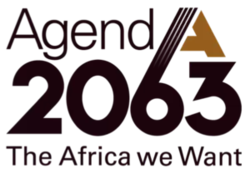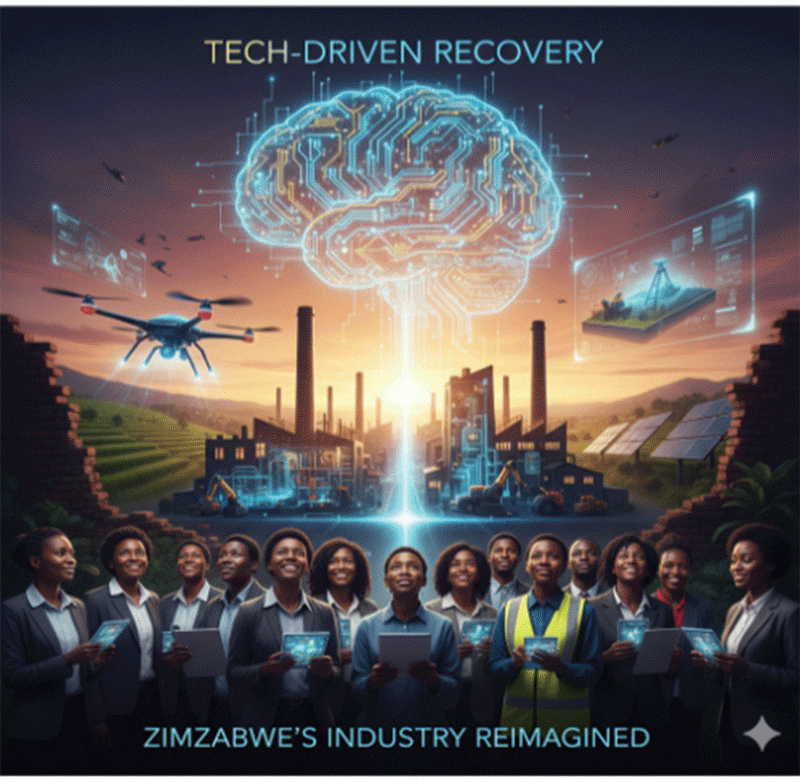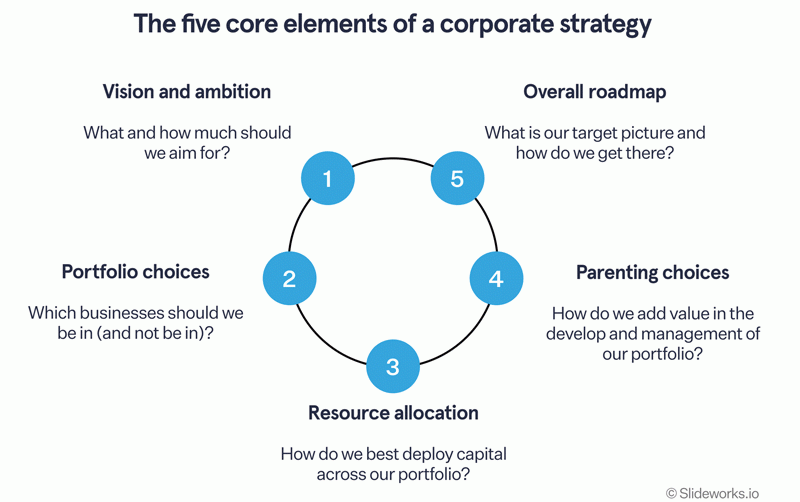
Agenda 2063 is one of Africa’s blueprints anchored on seven aspirations. Here are the seven aspirations; a prosperous Africa, an integrated Africa, good governance and rule of law, a peaceful and secure Africa, strong cultural identity, people driven development and Africa as a global player.
It is the intention of this opinion piece to interrogate the feasibility of Agenda 2063 by taking an extended look at these aspirations against what is happening in some pockets of African countries like Sudan, South Africa, Rwanda and the Democratic Republic of Congo (DRC).
A tooth pick assessment of the conflict in Sudan shows the worst victims of any conflict are women, children and people with disabilities. At the material time of putting together this opinion piece there is serious starvation, internal displacement, human rights violations and toxic masculinity demonstrated through rape in Sudan necessitated by the conflict between the Sudanese Armed Forces (the official military of Sudan) and the Rapid Support Forces. Belligerents of both military outfits are accused of gross violations of human rights.
A further cursory assessment of what this conflict has wrought on civil objects shows that the aspirations of Sustainable Development Goals (SDGs) and Agenda 2063 will remain a pie in the sky for Africans. What is concerning is that regional blocs such as the Africa Union (AU) and its sub-blocs seem to have no clue for conflict prevention, management and resolution.
With respect to what is happening in South Africa where blacks are actively involved in ejecting foreigners from their hospitals — healthcare nationalism — and demonstrating attitudes of heavy-handedness towards foreigners, one can only hope and pray for the day when South Africans can engage in emotional house cleaning.
It is indeed unfortunate that African leaders preach Agenda 2063 where Africa will be united, prosperous, rules based, peaceful, people-driven in terms of development and strong in its rainbow cultures, when South Africans are treating their fellow black counterparts with disdain, disrespect and deeply ingrained scorn.
Where is the rule of law when black South Africans remove foreigners from hospital queues? Where is ubuntu when South Africans treat other Africans without any norms of civility?
Where is the African communal self for the South Africans? Is it morally justifiable to use geography and history as enablers for accessing health care for human beings whose political, social and economic circumstances have made them cross the border into South Africa?
- In Full: Fifteenth post-cabinet press briefing, June 07, 2022
- Sudan crisis: Ceasefire extended but fighting continues
- Feature: A letter from home: Zimbabwe’s unending crisis
- Health talk: Mandatory wearing of masks can now be scrapped
Keep Reading
The aspirations of Agenda 2063 will just remain aspirations if not ideals, if African leaders in general and South African state managers leave black South Africans to do whatever they please with foreigners. Agenda 2063 is not an event but a process, and as a process it should be part of the lived experiences of all Africans contemporaneous to its cause.
The social infrastructure needs, food and nutrition security of people cannot be defined according to geography, time and space. All human beings — the issues of borders aside need food — fall ill, need love, security and support and the onus is upon African governments to respect, protect and fulfil the needs and rights of Africans wherever they are.
Black South Africans are behaving worse than the white colonialists and their actions are working at odds with aspirations of the global commons (SDGs) and the Agenda 2063. The African Union (AU) should intervene here because this is a humanitarian crisis where foreigners are treated as lesser beings who have no rights. African leaders should walk their talk of unity and peace.
Agenda 2063 cannot be achievable when the AU and Sadc fail to resolve the conflict in the DRC where Rwanda is claimed to have a hand in the whole conflict. How can African leaders claim to be working towards the Africa they want when a dispute between the DRC and Rwanda is mediated in the US? Is this a typical example of prophets having no honour in their own country?
Peacebuilding and peace making for African countries should begin and end with African leaders because African countries are neighbours both by history and geography and would be better placed to address the structural causes of conflicts on their continent. African leaders should rally behind one another to solve their own problems. This dependency on the East and West is a recipe for continued exploitation and manipulation. Agenda 2063 will remain elusive if African countries continue to rush to Europe or America to have their problems solved.
The AU should work towards unifying Africa through cross-functional collaboration that can be used for comparative analysis in doing business with one another. For example, the African Continental Free Trade Area has sound goals and objectives that are taking time to be folded into the Agenda 2063.
Sudan, South Africa, Rwanda and the DRC are only a few African countries that have been used to demonstrate that Agenda 2063 has leading indicators of an empty slogan, otherwise a plethora of African countries constitaute a walking disaster for the continent.
Africa should unite to be a global player, otherwise it will leave in perpetual poverty, conflict and disharmony.
Aribino Nicholas is an inclusion and development specialist. He writes here in his own capacity is one of Africa’s blueprints anchored on seven aspirations. Here are the seven aspirations; a prosperous Africa, an integrated Africa, good governance and rule of law, a peaceful and secure Africa, strong cultural identity, people driven development and Africa as a global player.
It is the intention of this opinion piece to interrogate the feasibility of Agenda 2063 by taking an extended look at these aspirations against what is happening in some pockets of African countries like Sudan, South Africa, Rwanda and the Democratic Republic of Congo (DRC).
A tooth pick assessment of the conflict in Sudan shows the worst victims of any conflict are women, children and people with disabilities. At the material time of putting together this opinion piece there is serious starvation, internal displacement, human rights violations and toxic masculinity demonstrated through rape in Sudan necessitated by the conflict between the Sudanese Armed Forces (the official military of Sudan) and the Rapid Support Forces. Belligerents of both military outfits are accused of gross violations of human rights.
A further cursory assessment of what this conflict has wrought on civil objects shows that the aspirations of Sustainable Development Goals (SDGs) and Agenda 2063 will remain a pie in the sky for Africans. What is concerning is that regional blocs such as the Africa Union (AU) and its sub-blocs seem to have no clue for conflict prevention, management and resolution.
With respect to what is happening in South Africa where blacks are actively involved in ejecting foreigners from their hospitals — healthcare nationalism — and demonstrating attitudes of heavy-handedness towards foreigners, one can only hope and pray for the day when South Africans can engage in emotional house cleaning.
It is indeed unfortunate that African leaders preach Agenda 2063 where Africa will be united, prosperous, rules based, peaceful, people-driven in terms of development and strong in its rainbow cultures, when South Africans are treating their fellow black counterparts with disdain, disrespect and deeply ingrained scorn.
Where is the rule of law when black South Africans remove foreigners from hospital queues? Where is ubuntu when South Africans treat other Africans without any norms of civility?
Where is the African communal self for the South Africans? Is it morally justifiable to use geography and history as enablers for accessing health care for human beings whose political, social and economic circumstances have made them cross the border into South Africa?
The aspirations of Agenda 2063 will just remain aspirations if not ideals, if African leaders in general and South African state managers leave black South Africans to do whatever they please with foreigners. Agenda 2063 is not an event but a process, and as a process it should be part of the lived experiences of all Africans contemporaneous to its cause.
The social infrastructure needs, food and nutrition security of people cannot be defined according to geography, time and space. All human beings — the issues of borders aside need food — fall ill, need love, security and support and the onus is upon African governments to respect, protect and fulfil the needs and rights of Africans wherever they are.
Black South Africans are behaving worse than the white colonialists and their actions are working at odds with aspirations of the global commons (SDGs) and the Agenda 2063. The African Union (AU) should intervene here because this is a humanitarian crisis where foreigners are treated as lesser beings who have no rights. African leaders should walk their talk of unity and peace.
Agenda 2063 cannot be achievable when the AU and Sadc fail to resolve the conflict in the DRC where Rwanda is claimed to have a hand in the whole conflict. How can African leaders claim to be working towards the Africa they want when a dispute between the DRC and Rwanda is mediated in the US? Is this a typical example of prophets having no honour in their own country?
Peacebuilding and peace making for African countries should begin and end with African leaders because African countries are neighbours both by history and geography and would be better placed to address the structural causes of conflicts on their continent. African leaders should rally behind one another to solve their own problems. This dependency on the East and West is a recipe for continued exploitation and manipulation. Agenda 2063 will remain elusive if African countries continue to rush to Europe or America to have their problems solved.
The AU should work towards unifying Africa through cross-functional collaboration that can be used for comparative analysis in doing business with one another. For example, the African Continental Free Trade Area has sound goals and objectives that are taking time to be folded into the Agenda 2063.
Sudan, South Africa, Rwanda and the DRC are only a few African countries that have been used to demonstrate that Agenda 2063 has leading indicators of an empty slogan, otherwise a plethora of African countries constitaute a walking disaster for the continent.
Africa should unite to be a global player, otherwise it will leave in perpetual poverty, conflict and disharmony.
Aribino Nicholas is an inclusion and development specialist. He writes here in his own capacity.











